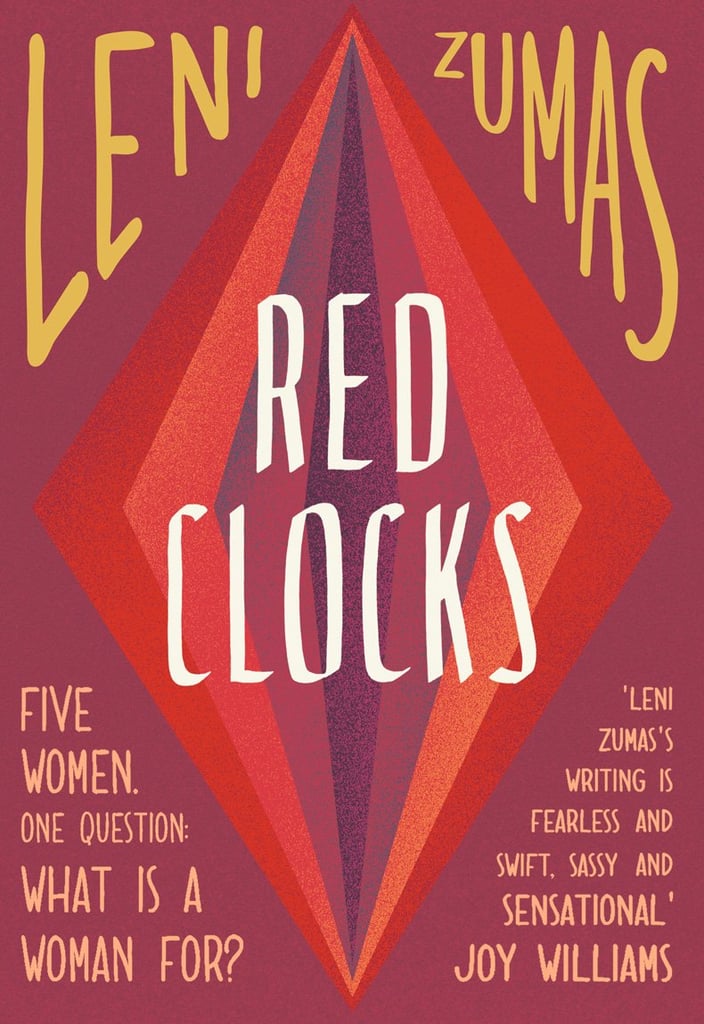

When Paley herself was experiencing a miscarriage, the doctor she telephoned begged her: “No! Don’t come,” lest he be suspected of having induced a termination. No woman over 10 or under 60 could expect to receive good health care, especially if she arrived at an emergency room with menstrual problems or uterine hemorrhage. Her essay “The Illegal Days” is precise and vivid on the way that criminalizing abortion affected the life of every woman, young or old, pregnant or not, sexually active or celibate. Grace Paley’s collection of nonfiction writings “Just as I Thought” contains a brief memoir of what it was like to live in the United States back when abortions were illegal. Her first name rhymes with “rainy.RED CLOCKS By Leni Zumas 356 pp. Zumas lives in Oregon and teaches in the creative writing program at Portland State University. She has received grants and fellowships from the Lower Manhattan Cultural Council, the Barbara Deming Memorial Fund, the Regional Arts & Culture Council, and the New York Foundation for the Arts. Her fiction and nonfiction have appeared in the New York Times, The Times Literary Supplement, Granta, Guernica, The Cut, Tin House, and elsewhere. She is also the author of FAREWELL NAVIGATOR: STORIES (2008) and the novel THE LISTENERS (2012). Zumas was a finalist for the 2021 John Dos Passos Prize for Literature.

Vulture called it one of the 100 Most Important Books of the 21st Century So Far.

The novel was a New York Times Book Review Editors’ Choice and was named a Best Book of 2018 by The Atlantic, the Washington Post, the Huffington Post, Entropy, and the New York Public Library. Leni Zumas’s bestselling novel RED CLOCKS won the 2019 Oregon Book Award for Fiction and was shortlisted for the Orwell Prize for Political Fiction and the Neukom Award for Speculative Fiction.


 0 kommentar(er)
0 kommentar(er)
